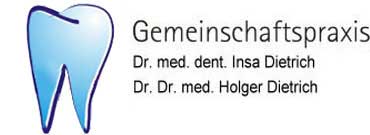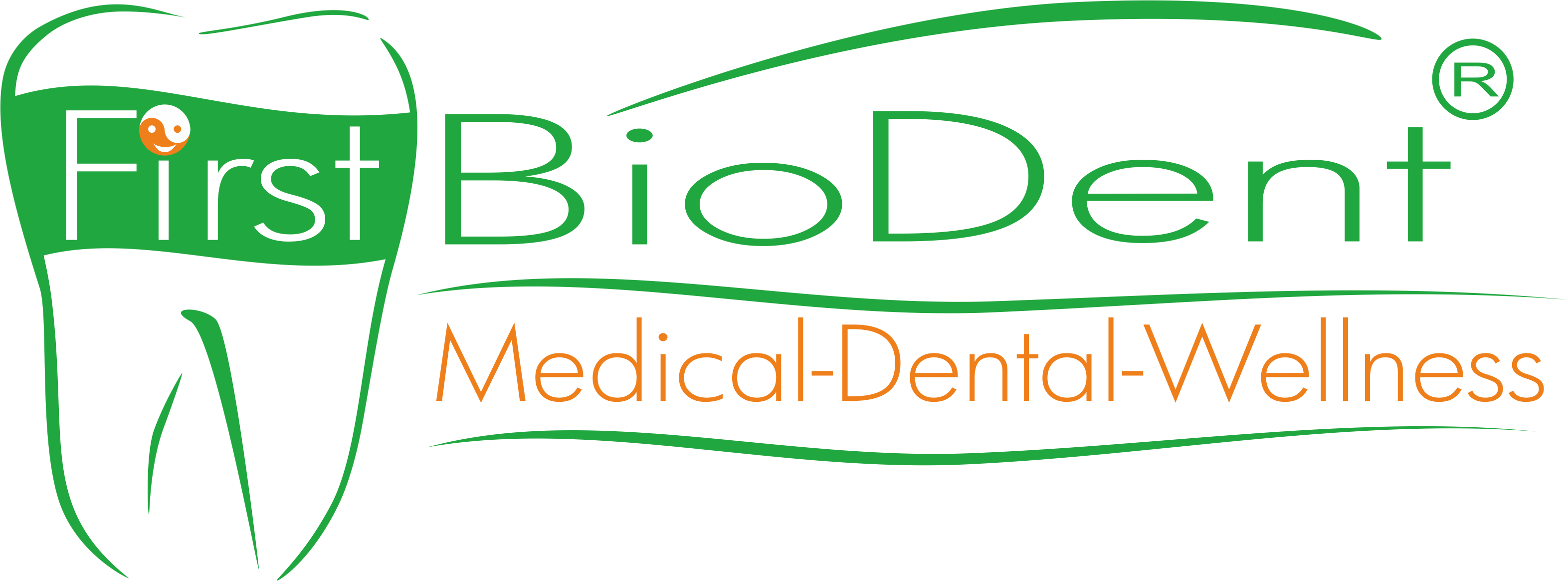Dental In Germany
Is a beautiful smile healthy or aesthetics? 10 signs you need a dentist in Germany.
You already know that a visit to the Dentist in Germany should be made once or twice a year and that a healthy mouth is synonymous with healthy habits and fewer visits to the Dentist, too.
However, there are situations where you cannot think twice about making an appointment.
Check out in today's post 10 signs that should take you to the dental office in Germany.
1. Yellow teeth
The aesthetic demand is increasing in Germany and white and well-cared-for teeth can make a difference. Take advantage of advances and accessibility to teeth whitening treatments to make your teeth beautiful and your smile more pleasant. Impress!
2. Stained or discolored teeth
As with yellow teeth, there are several treatments in Germany to whiten stained and discolored teeth. Don't leave it for later, improve your smile.
3. Crooked teeth
Crooked teeth harm chewing, hygiene, and aesthetics and can even cause bigger problems such as headaches and jaw joints. Consult an orthodontist in Germany, they will know how to indicate the best treatment for you.
4. Toothache
There is no way to postpone the appointment when the toothache arises. If the toothache is your problem, seek professional advice immediately in Germany and don't let the discomfort build up.
It is important to remember that the ideal is not to get to that point; keeping appointments up to date and daily oral hygiene care avoids suffering. Prevention is still the best treatment.
5. Softened teeth
Teeth are supported by bone and gum, and it's not normal for them to loosen. If they are mobile, look for your dentist in Germany immediately for evaluation, as it is a sign of periodontal disease. When in a more advanced degree, it is possible to fall and tooth loss; prevent this from happening.
6. Bleeding gums
Bleeding gums are not normal, nor are you the one who is hurting them while brushing your teeth; the gum bleeds because it is inflamed. It's called gingivitis, and it's a sign that your mouth isn't healthy. Gingivitis is easy to treat and should be evaluated immediately by the dentist, avoiding major sequelae.
7. Bad breath
In addition to being unpleasant, it is a sign of trouble. Look for a dentist and find out the cause.
8. Headache (bruxism/creaking)
Headache can have several causes and one of them is bruxism, which is the grinding and clenching of teeth, especially in Germany. One of the treatments to minimize the problem and its consequences can be done by the Dentist in Germany.
9. Broken teeth and restorations
The tooth does not break on its own, either from chronic use or from childhood use of any type of medication. It breaks because it is carious, due to interocclusal interference or premature contacts. Old restorations or dentures are also susceptible to breakage. If this happens, schedule your appointment in Germany.
10. Canker sores and permanent injuries
Injuries that last longer than two weeks are worth scheduling with a professional for an evaluation; dentist in Germany may prescribe medication or give other guidelines.
End jaw pain: learn about viscosupplementation
Do you take your oral health seriously, take all the hygiene care indicated by your dentist, but still suffer from pain in the jaw region? Pain in this region, also known as a temporomandibular disorder - or TMD - is a consequence of problems in the normal functioning of this part of the face. Among the various types of TMD, we can identify those resulting from inflammatory changes, disc displacement, and degenerative changes in the region.
The treatment of TMD in Germany is usually clinical, identifying the possible cause and working on non-invasive alternatives to control pain - such as the use of medications and dental plaques. However, when jaw pain is very severe, a more invasive intervention may be considered necessary. One of these alternatives that have a high success rate in the treatment of jaw pain is viscosupplementation. Do you know this technique?
What is viscosupplementation?
Viscosupplementation is a technique developed by dentists to treat serious changes in the jaw joint region, helping to ensure more comfort to the patient who suffers from intense pain in this region. Its rate of good results is significant and presents a very low risk of complication or inefficiency.
How does it work?
Viscosupplementation is performed with the application of hyaluronic acid on the inside of the joint in the jaw region, ensuring the proper functioning of the structure when moved.
As one of the reasons for pain related to the temporomandibular region is related to a reduction in the production of synovial fluid in this structure, it is believed that the injection of hyaluronic acid can help to dampen the movement that causes pain in patients. Experts say that the feeling of improvement is practically instantaneous and, therefore, it is becoming one of the most sought-after options to treat patients who manifest chronic pain in the mandibular region.
Is there any risk to carry out this application?
Although it initially seems dangerous to apply a chemical compound such as hyaluronic acid in the jaw region, the viscosupplementation technique has already been released and authorized by the Brazilian Society of TMD and Orofacial Pain for use in chronic patients. They claim that the use of the compound is safe and very effective in treating these conditions that affect thousands of people across the country.
It is necessary, however, to be aware that the application of acid and the assessment of the need for treatment is an exclusive activity of the dentist and, therefore, it is not recommended to perform the technique with those who do not have experience and training in the subject.
What are the benefits of the technique in Germany?
The viscosupplementation technique offers patients a great advantage in terms of reducing pain in the temporomandibular region. Individuals with severe TMD cases regain the ability to chew, smile, and even speak without having to worry about the pain that accompanied these actions.
For this reason, viscosupplementation is an important technique for dental treatment in Germany.
Cost of Dental Implant in Germany
The average price of a dental implant in Germany is $2450.


























